Tree heath south of Freycinet Estuary
Unique biotope with at least 51 endemic species.
Fraser Island
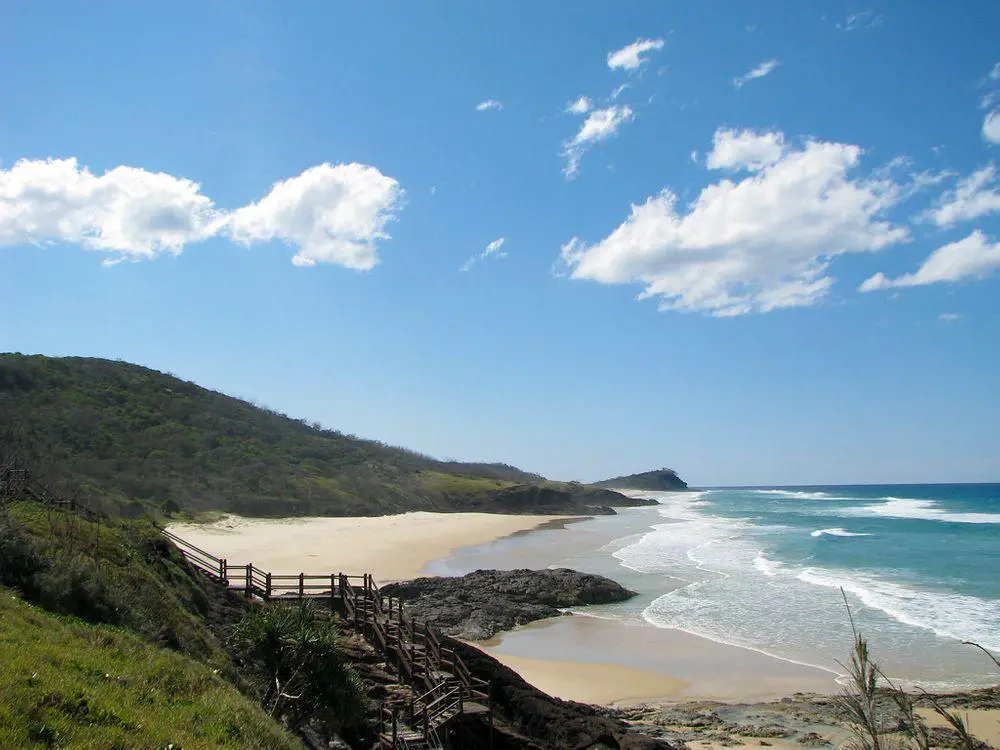
The largest sand island in the world, 1,840 km². Contains dunes that are up to 24 meters high, tall rainforest growing at elevations up to 200 meters, unique ‘vallum’ heaths, and more than 100 unique, crystal clear dune lakes retained in the sand by organic matter deposits.
Elizabeth Springs
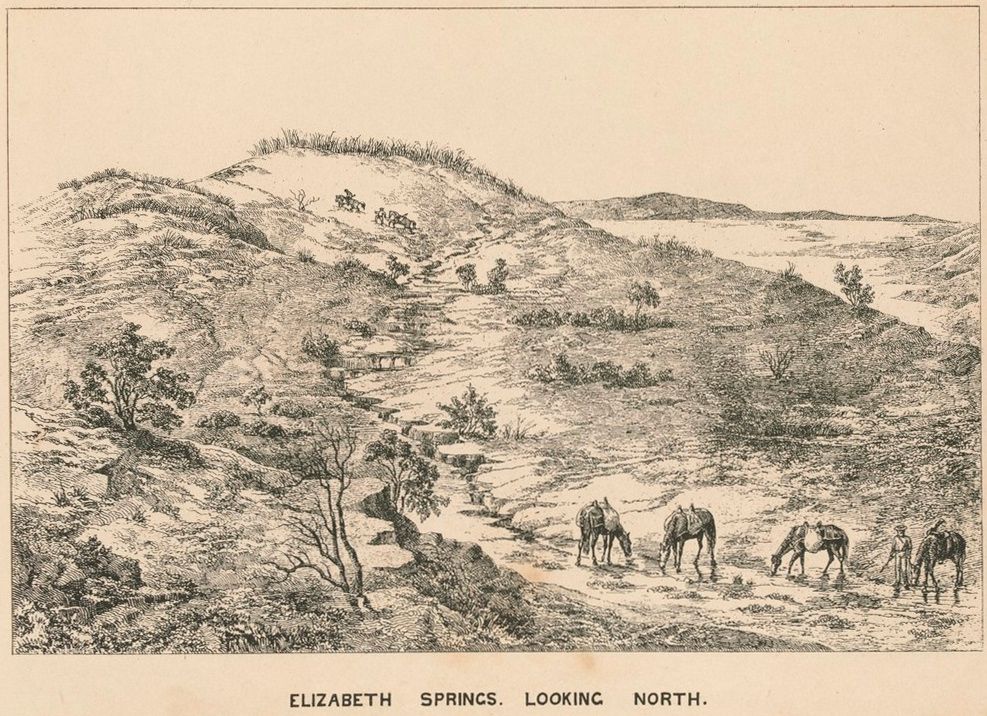
Remote springs in an arid region, where over the last 1.8 million years has developed a unique ecosystem with endemic species, such as a fish – Elizabeth Springs goby (Chlamydogobius micropterus Larson), snail, four species of plants, etc.
The Daintree Rainforest
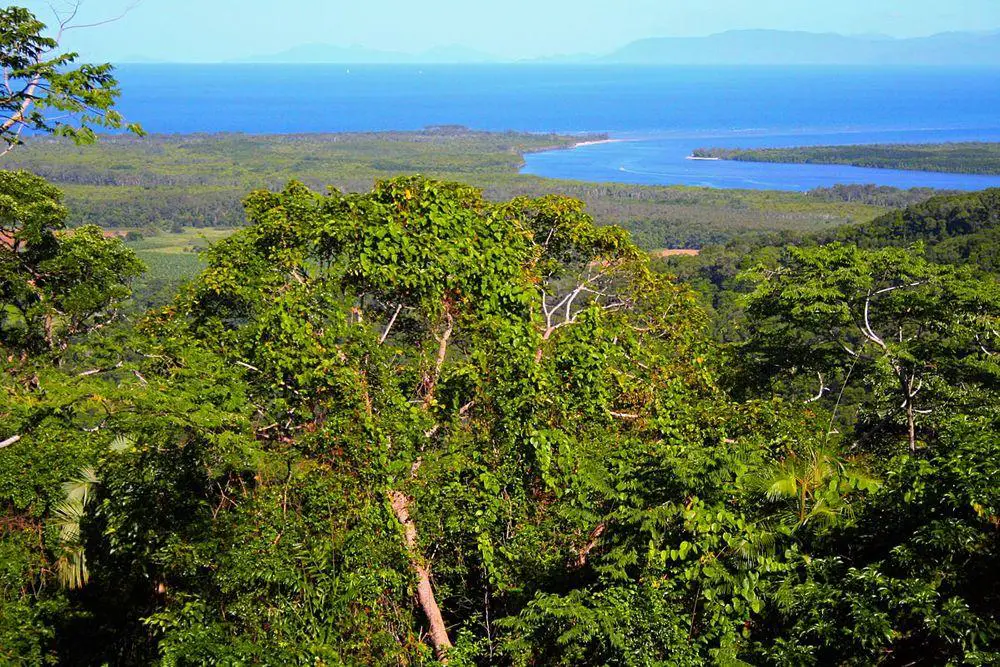
Scenically beautiful rainforest in Australia with a very high biological diversity. This forest contains unique, primitive flowering plants that survived the dry climatic periods in smaller areas of climatic refuge.
Litchfield magnetic termite mounds
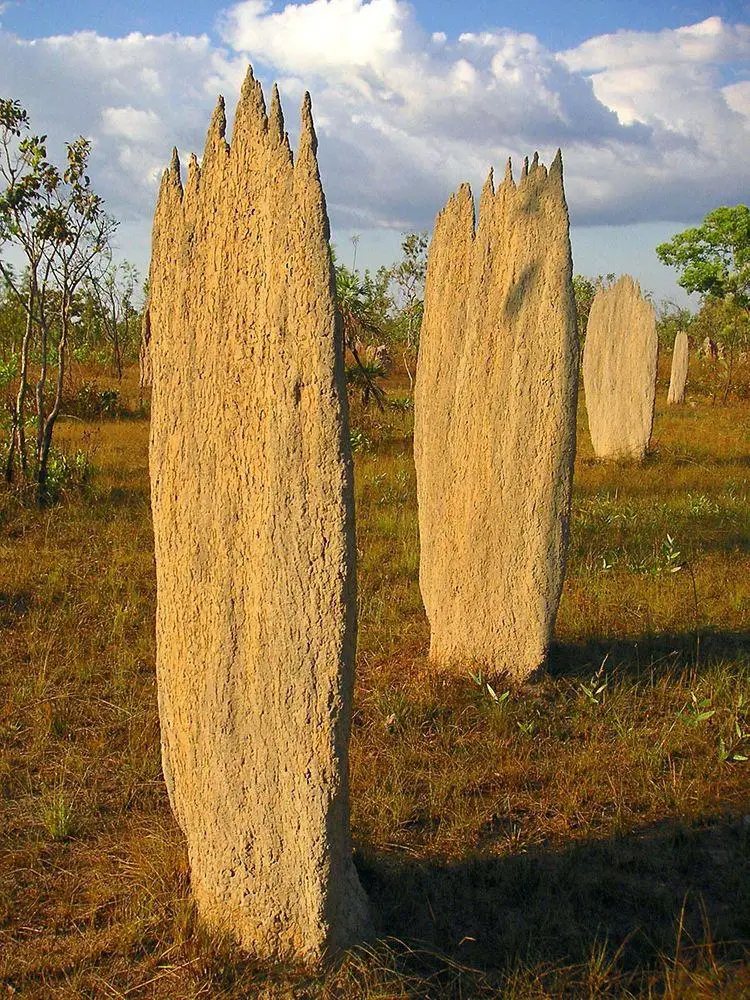
Unique landscape formed by multiple flat termite mound formations oriented in the north-south direction in order to control the temperature inside the mounds. These mounds are built by a specific species of termites – Amitermes meridionalis.
Hamelin Pool and L’haridon Bight
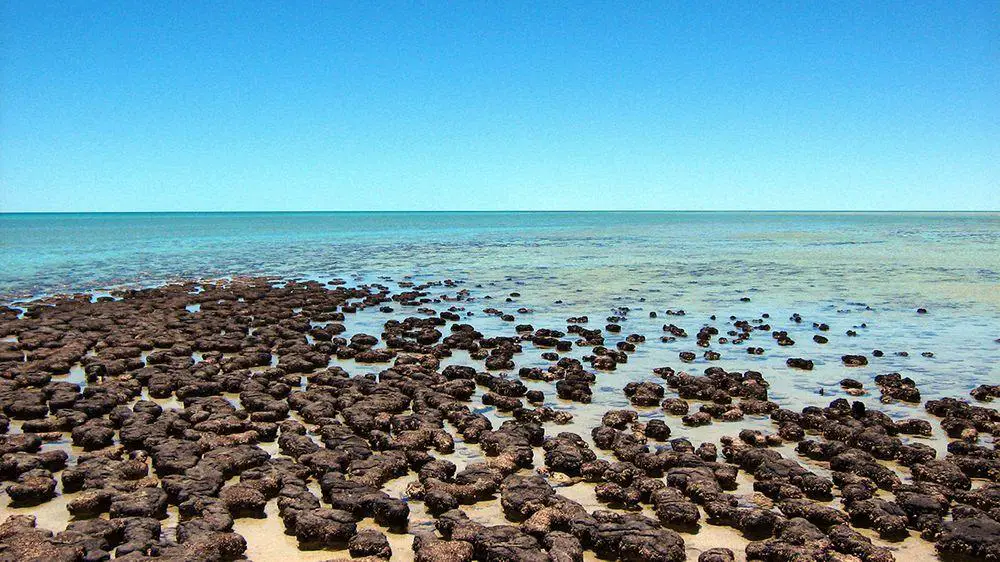
Hypersaline shallows with unique biotope – active growth of stromatolites – the oldest known form of life on Earth. Also other unique forms of life.
Ryugyong Hotel
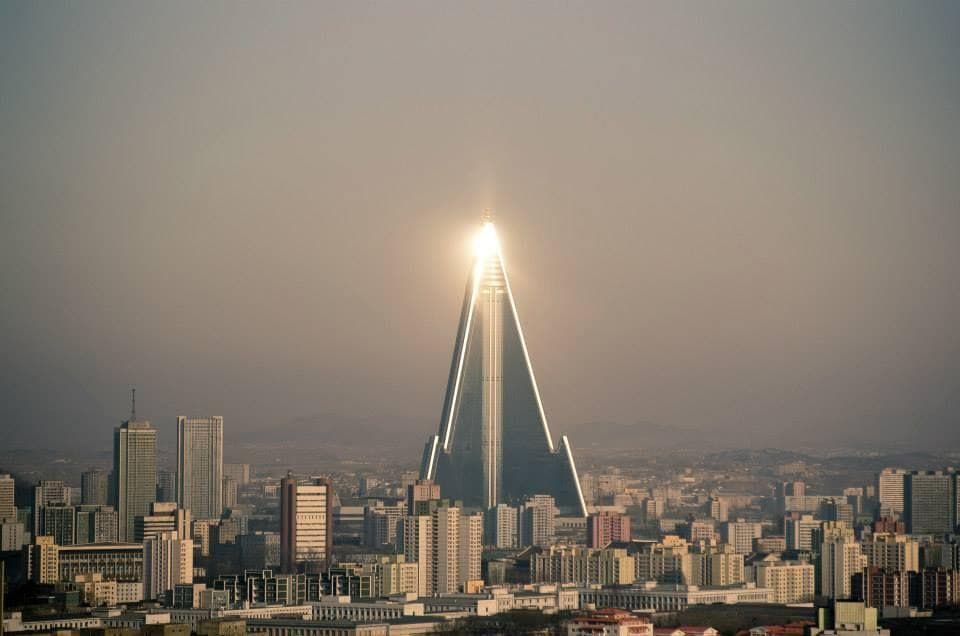
Skyscraper with unusual, pyramidal form. Height – 330 m, 105 floors, constructed in 1987 – 2013.
Rŭngrado May First Stadium
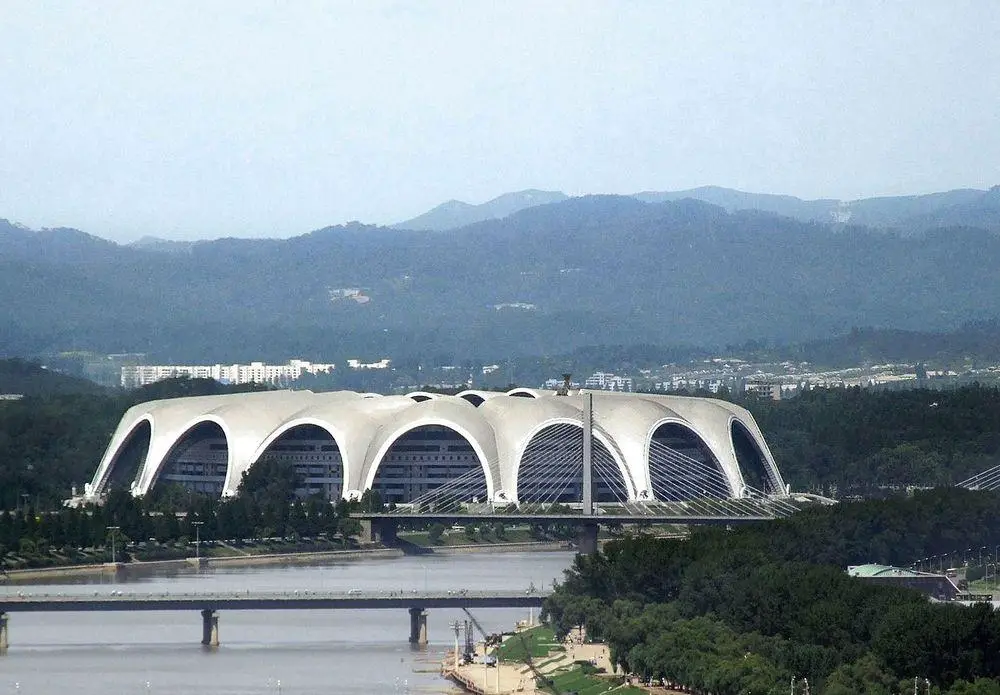
The largest stadium in the world by capacity, with 150,000 seats. Constructed in 1989, used for sport events, politically motivated mass performances and executions.
Juche Tower
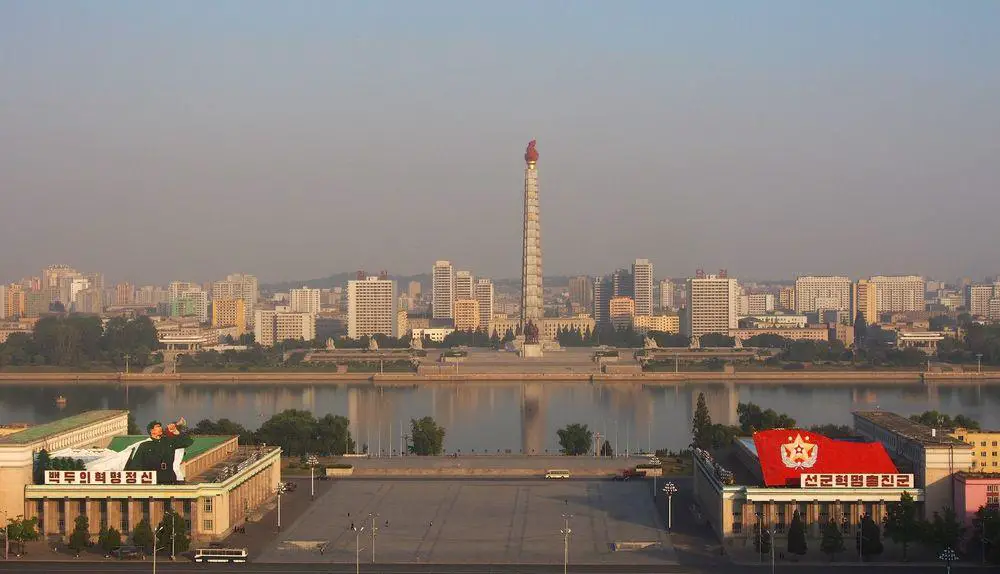
The second tallest monumental column in the world, 170 m tall. Built in 1982 to commemorate the 70-th birthday of Kim-Il-Sung.
Arch of Reunification
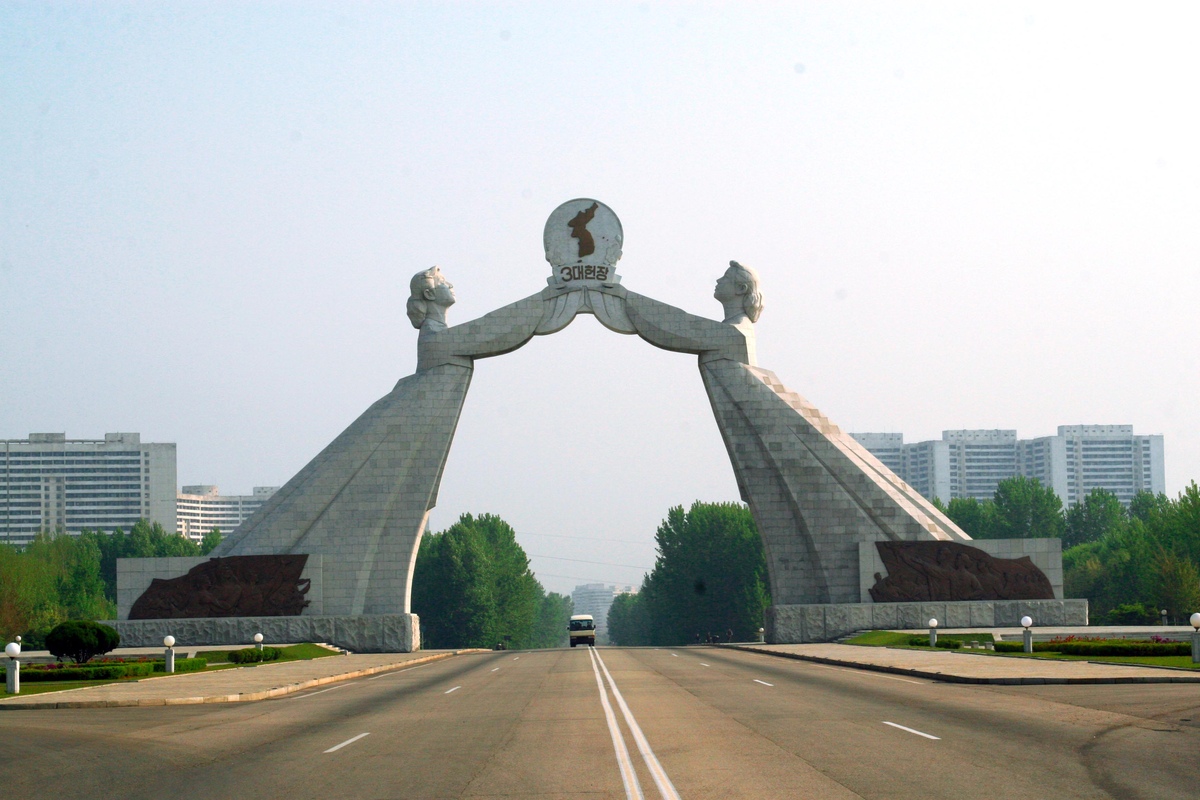
A former monument devoted to Korean unity, built in 2001 and demolished in January 2024. Statue represented two women leaning across the highway and holding a map of unified Korea.
